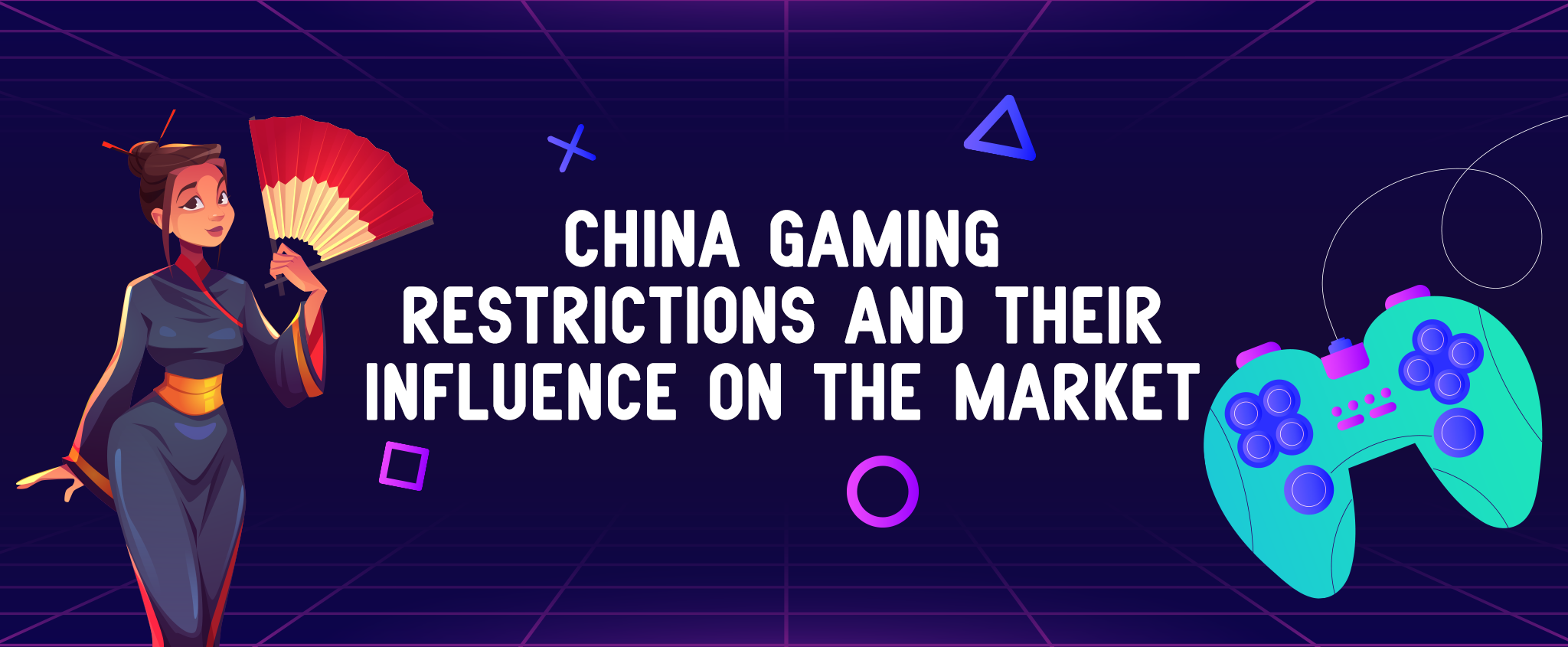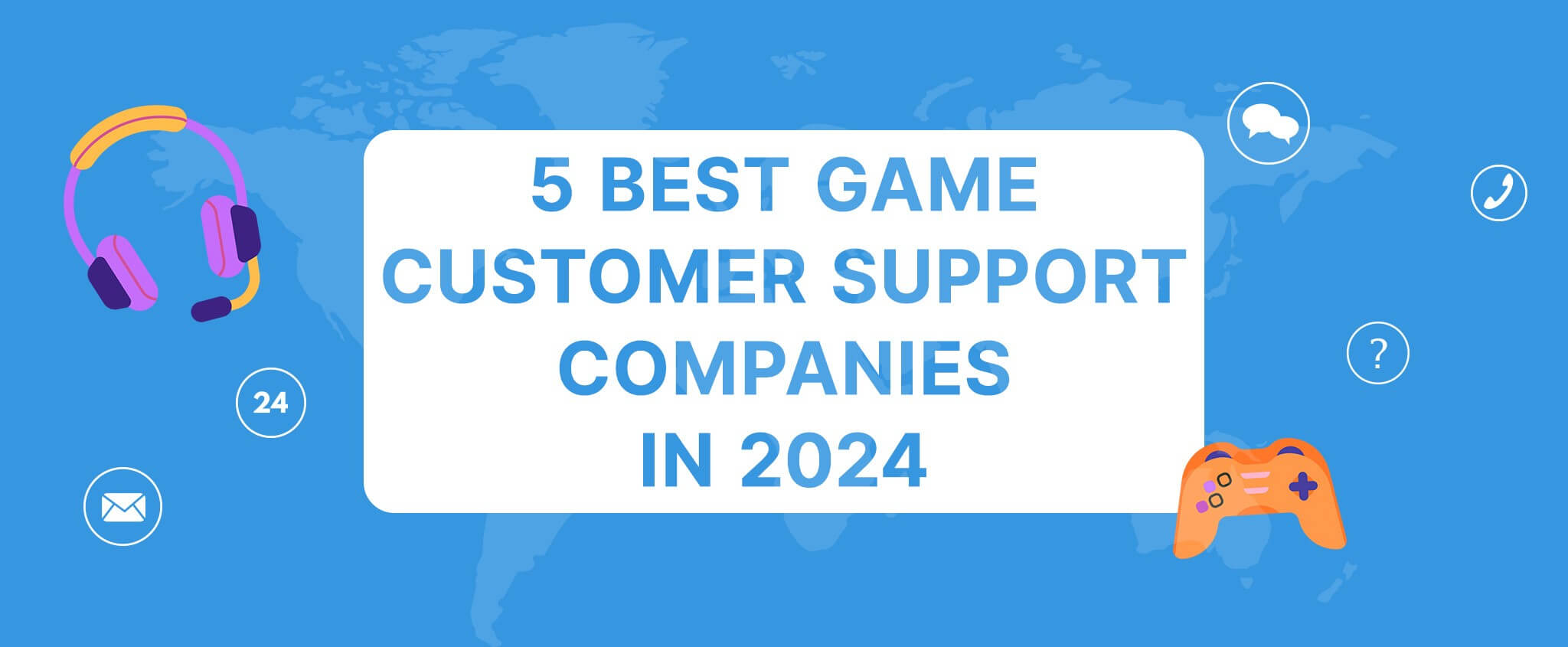China Gaming Restrictions and Their Influence on The Market
China is no stranger to the gaming industry. The country’s game industry has grown exponentially as the world’s largest gaming market in recent years. However, with the introduction of stricter China gaming restrictions, many game makers are left scratching their heads.
The answer to what the restrictions mean for game developers is that it requires more than just looking at the numbers. It also involves understanding China’s game industry’s complex nature and conditions. In this article, we’ll discuss how the country’s game industry has grown despite the regulations and what developers can do to maximize the potential.
Key Takeaways:
- China gaming restrictions include the requirement of an online game license, content regulation, and game time limits.
- China’s game industry remains the world’s largest gaming market, so the restrictions should not deter game developers.
- China gaming regulations in 2023 may be stricter, so developers should be mindful of changes to maximize the potential.
- Game elements banned in China include gore, gambling, and specific topics such as politics or religion.
- Many see the regulations as a significant barrier to entering the Chinese gaming market, but they are actually for the good of the younger generation.
Table of Contents:
- Chinese Game Market Overview
- China Gaming Restrictions Their Impact on The Market
- Growth Potential in the Chinese Game Market, Despite Restrictions
- How Game Developers Can Maximize China’s Gaming Potential
- CCCI – Professional Chinese Game Translation and Localization
Chinese Game Market Overview
According to Newzoo, there are over 700 million gamers in China. That means almost half of the country’s population plays games on some level. In 2021, China’s video game revenue was estimated to be the largest worldwide, with US$46 billion in sales. These figures demonstrate the thriving potential of China’s gaming market and the opportunities for more game developers to capitalize on it.
Game World Observer said the Chinese games market is expected to show a compound annual growth rate of 2.6% in the next five years. In 2026, it might reach US$53 billion in revenue, and the number of gamers might grow to 754.5 million. Some of the favorite game genres among eSports users in China include multiplayer online battle arena (MOBA), tactics or shooting, and strategy and race games.
Undeniably, China’s game industry might be unbeatable regarding growth potential. The country has millions of gamers, talented game developers, and a thriving market. Even card games have many fans! But, with recent regulations, it might take some time before developers can maximize their profit potential.
China Gaming Restrictions. Their Impact on The Market
In case you haven’t heard yet, China’s government has strict regulations on gaming. It began in 2000 when the country banned consoles for about 15 years. Some companies tried to infiltrate the market, and Nintendo’s iQue is perhaps the most notable attempt.
The iQue was Nintendo’s new brand, created specifically for a hardware launch in China. It was licensed as an educational product but was unfortunately commercially unsuccessful. But despite the absence of consoles in the country, gaming still thrived through PC and mobile.
In 2021, the Chinese government introduced a new round of gaming restrictions. It limited online game time for minors, banned some game elements, and made it more challenging for developers to approve their games. Game elements banned in China include the following and more:
- Politically sensitive topics or themes and dissent
- Gore and ultra-violence
- Gambling
- Depictions of ‘vulgarity’
Note: The official list of “problematic” content seems endless because it’s the regulators who ultimately decide what qualifies as “sensitive” or “vulgar.” Game developers may find the list ambiguous because regulators have their criteria, and there isn’t a clear set of standards.
All games that aim to be legally launched in China must have a publishing license and IP certification. Approval can take months to a year, and not everyone is guaranteed to pass. These regulations have unsurprisingly affected local and international game developers, with many seeing them as a major inconvenience.
However, it’s important to know that China didn’t implement these regulations to prohibit gaming. The Chinese government is simply trying to protect youth from the adverse effects of prolonged gaming exposure and ensure a healthy environment for all gamers.
Growth Potential in the Chinese Game Market, Despite Restrictions
CNBC reported that China remained the world’s largest eSports market in 2021, with a 14% year-on-year growth and US $403.1 million worth of revenue. How did it happen?
The regulations aren’t there to bring down the gaming industry but to protect China’s youth. The country’s government has already invested in eSports and other game-related initiatives, which is why gaming is still growing despite the restrictions.
Additionally, China’s gamers are becoming more willing to spend on games and related products like game streaming services, tournaments, and mobile payments. There are possibilities of more China gaming regulations in 2023, but those changes likely won’t have a negative impact.
Developers, therefore, still have plenty of opportunities, provided that they follow the regulations.
How Game Developers Can Maximize China’s Gaming Potential
“Follow the regulations” may sound easy, but developers should know that this tip is easier said than done. You must be ready to tackle the complex gaming guidelines in China and familiarize yourself with local customs and cultures. Here are some specific tips to help you get started on the right foot:
Find a Chinese Publisher
You need a reliable and trustworthy Chinese publisher to help you navigate the complexities of the country’s gaming industry. A good partner should provide local insight into the game market, including China’s regulations and appropriate strategies.
Have a Mobile Game Ready and Consider Cross-Platform Strategy
Mobile gaming is the most popular among China’s gamers, and you should be ready to have a mobile version of your game. It would be best if you also considered developing a cross-platform strategy since the Chinese market is dominated by mobile and PC gaming.
Be Aware of Social Ties and Networks
In China, relationships and connections are important. Pay attention to social networks and connections and build relationships with publishers, investors, and other key players in the industry.
Know Your Target Audience
Knowing whom you’re targeting is key to success in the Chinese market. Since game preferences vary across different age groups, you should research and understand your target audience’s needs and desires.
Prioritize Chinese Game Translation and Localization
Lastly, localize your game for the Chinese market. This tip doesn’t mean simply translating your game content into Chinese but also customizing it according to China’s cultural, social, and economic characteristics. When you translate and localize your game, your target audience will be more likely to engage with it.
Navigating China’s game market can be tricky, but the potential rewards make it well worth the effort! By familiarizing yourself with the local regulations, finding a trustworthy publisher, and correctly translating and localizing your game, you can maximize the potential of China’s gaming industry. And when it comes to professional Chinese game translation and localization, CCCI is your go-to partner.
Pro Tip: Work with professional translators who specialize in game localization. Translation and localization are critical elements of success, and only professional translators will know which details to retain and which to modify. The goal is to allow your target audience to enjoy your game as though you created it solely for the Chinese market.
CCCI – Professional Chinese Game Translation and Localization
Many think the gaming industry is declining in China due to the recent restrictions imposed by authorities. However, this is far from the truth – China’s gaming sector continues to grow, and the potential for game developers to reach millions of gamers is still there. If you truly understand the purpose of these restrictions, you’ll also understand how complying with the regulations is worth it.
One of the keys to success is proper localization and translation. At CCCI, we specialize in professional Chinese translation services. We provide comprehensive services, including content modification to comply with China’s regulations and cultural adaptation.
CCCI is a team of experts in business translation services for your industry. With over ten years of experience, we have helped many game developers with our video game translation and localization services. And to help you take a step further into the world of China’s gaming industry, we also offer game customer support.
CCCI knows that every country has regulations, and gaming must also respect different cultures, ages, and languages. That’s why our team of professionals specializes in game translation services emphasizing cultural adaptation. With us, you can rest assured that your game will be localized with the utmost quality, and you’ll have a greater chance of succeeding in any market.
What are you waiting for? Contact us now and start taking advantage of China’s gaming market!






